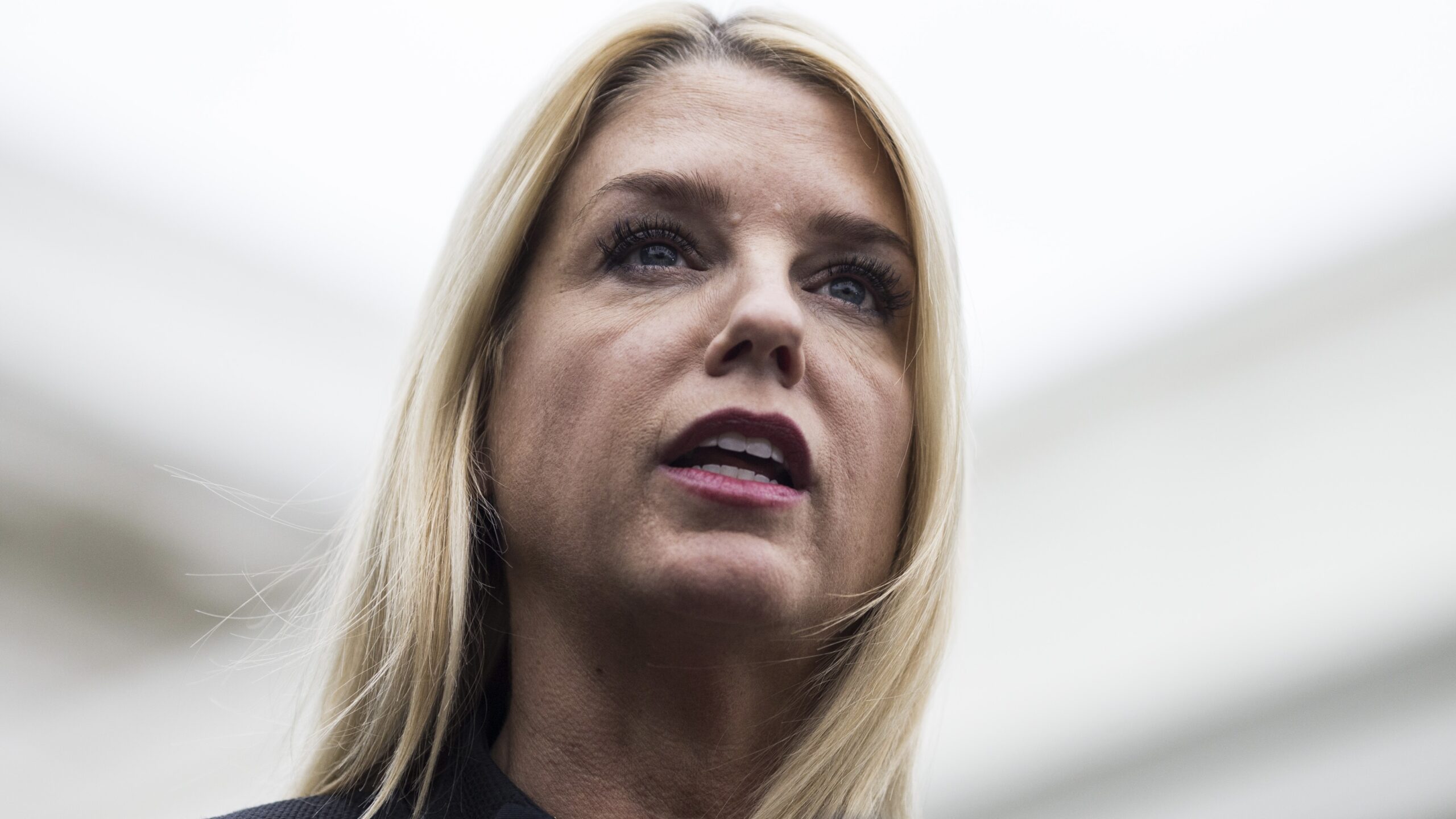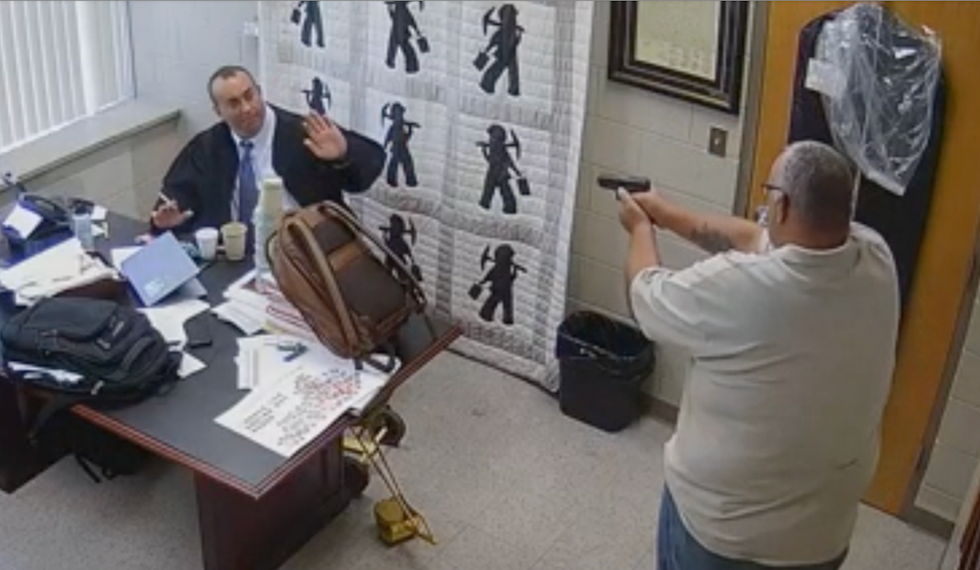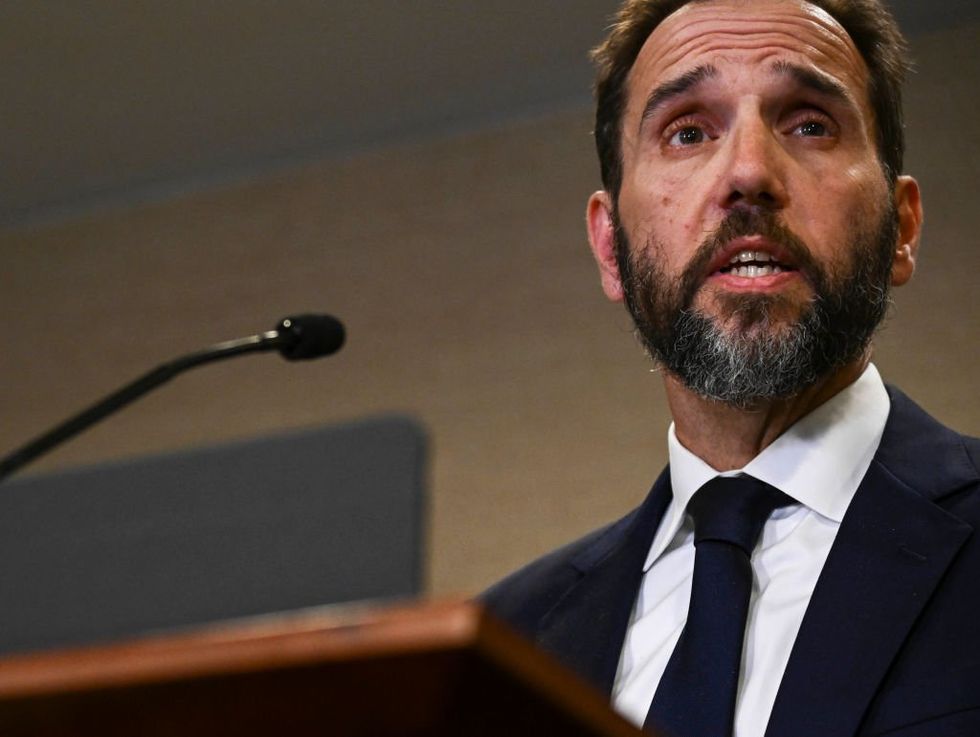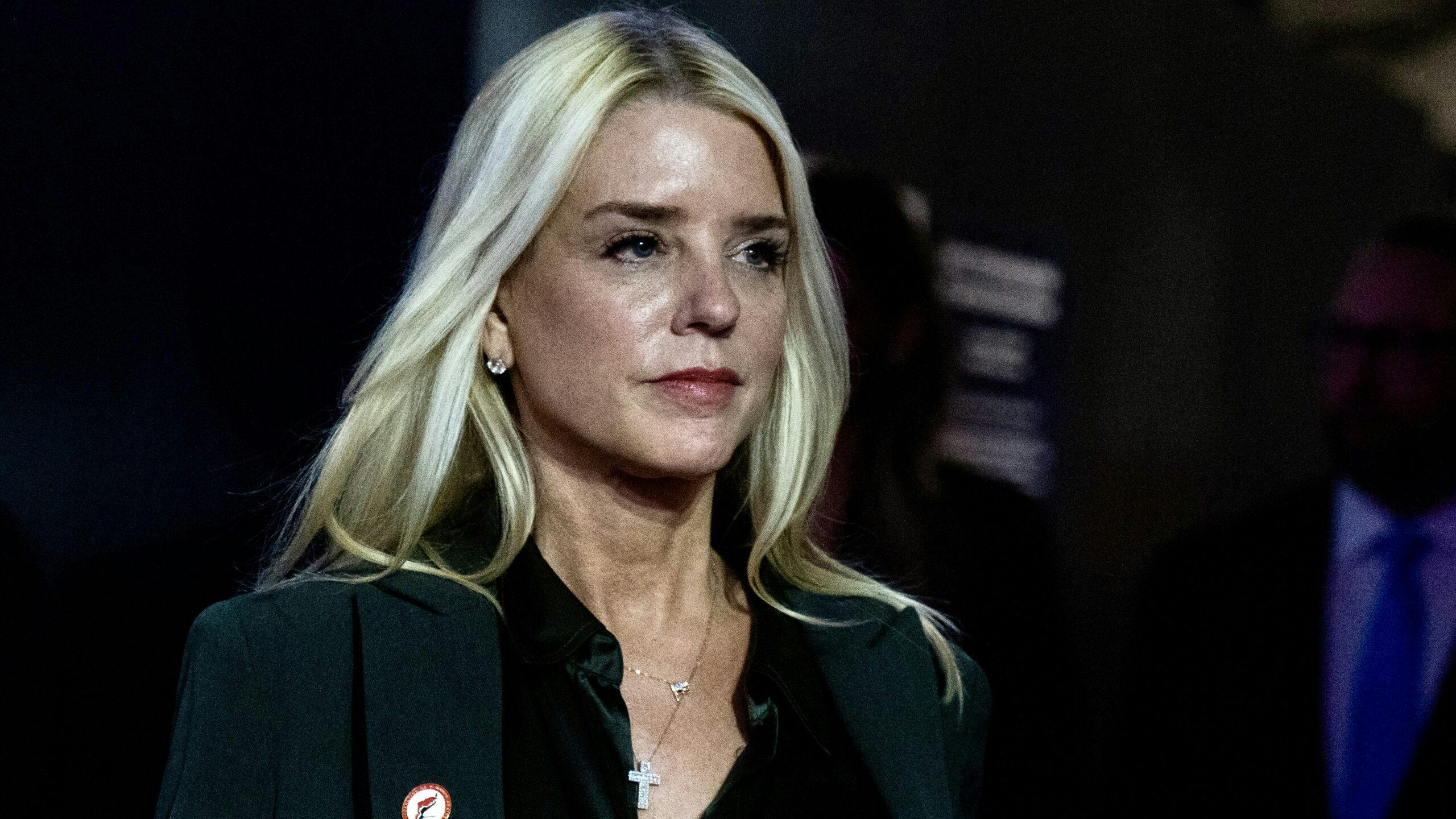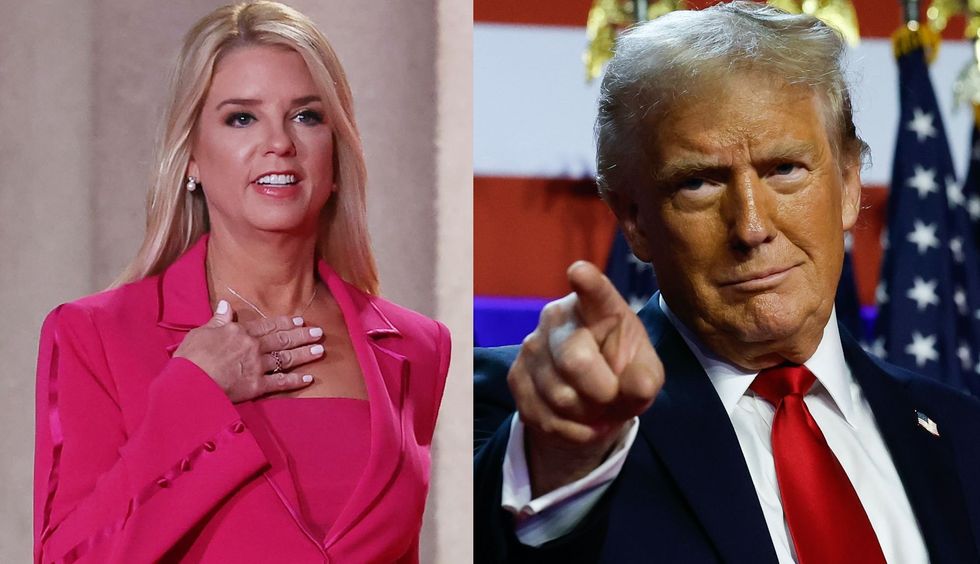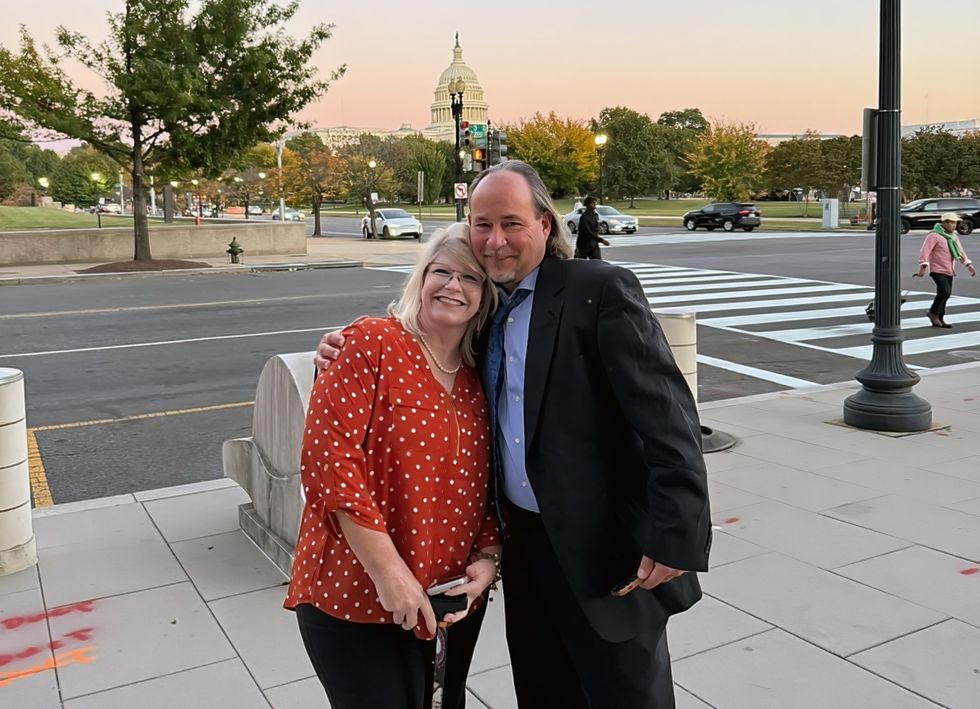Virginia women’s college will no longer admit trans students, citing founder’s Will
Sweet Briar College, a women’s school in Virginia, recently announced that it will no longer admit trans-identifying students, citing its founder’s Will.The private women’s liberal arts school, which was established in 1901 through the estate of Indiana Fletcher Williams, did not previously have any policies regarding gender identity. However, recent changes to the Common Application, a nonprofit organization that allows students to apply to schools on one standardized form, prompted the college to make some changes of its own.'Understands the term [women] in its historic and traditional way.'In addition to “female” and “male,” the Common Application, used by more than 1,000 colleges, now allows students to select “X” or “another legal sex.”According to Jenny Rickard, the nonprofit’s president and chief executive officer, the updates “represent the next step in an ongoing effort to create an equitable, just, and inclusive college admission process for all students -- no matter how they identify.”In a message to the campus, Sweet Briar College leaders wrote that the changes to the application have “present[ed] a challenge both for students applying for admission and administrators and staff making admissions decisions.”“Previously, the College did not have a stated admissions policy addressing applicants identifying as other genders, but instead addressed applicants on a case-by-case basis,” the college’s correspondence explained. “This year, however, the Common Application included additional options for the selection of the legal sex … of applicants apart from male or female, creating confusion for applicants seeking to apply to a women’s college like Sweet Briar.”“In fact, various parts of the Common Application now include as many as four gender … designations,” the college added.Sweet Briar College noted that the institution is in a “unique position as the only women’s college in the country that was founded by and governed in accordance with a will that has been codified into law by the state’s legislature.” That Will, belonging to the school’s founder, Fletcher Williams, was “codified by the General Assembly of the Commonwealth of Virginia on February 9, 1901, as the College’s Charter.”According to the school, the board “must honor the dictates of the Will, which imposes the requirement that the College be a place of ‘girls and young women’ – a phrase that must be interpreted as it was understood at the time the Will was written.”The college told Inside Higher Ed that while “political and other influences” have called “the meaning of the term ‘woman’ into question,” the board “understands the term [women] in its historic and traditional way consistent with the intentions of our founder.”Some students and alumnae have vowed to push back on the college’s declaration.English professor and faculty senate chairman John Gregory Brown stated that the faculty voted 48-4 to urge the board to rescind the policy.“It really excludes any student who would be offended by those positions ... who doesn’t want to be in a place where discrimination is codified in this way,” Brown told the Independent. “I think it’s a financially disastrous decision for the college.”Like Blaze News? Bypass the censors, sign up for our newsletters, and get stories like this direct to your inbox. Sign up here!
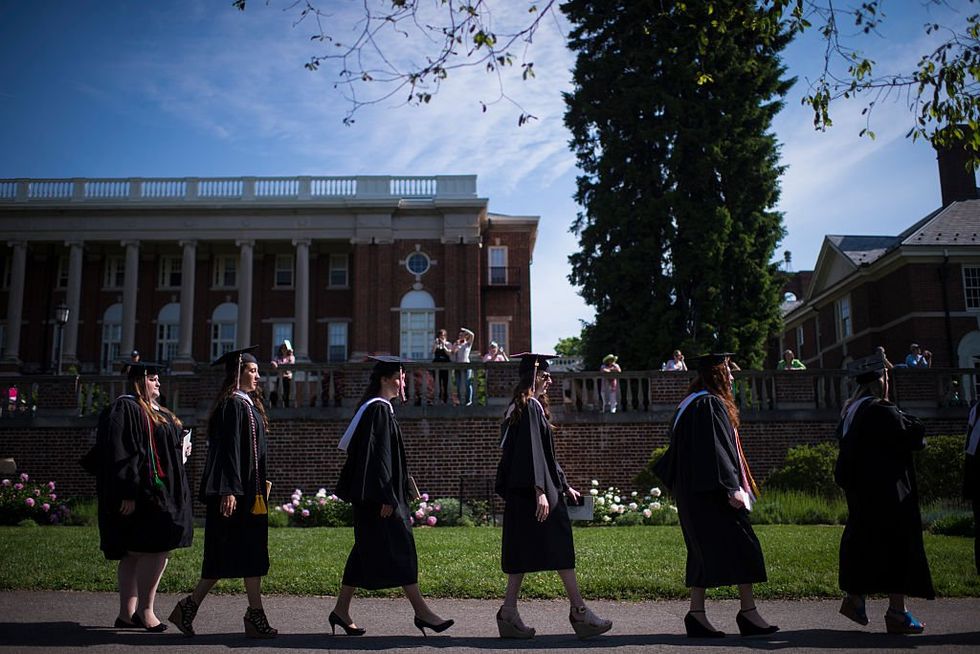

Sweet Briar College, a women’s school in Virginia, recently announced that it will no longer admit trans-identifying students, citing its founder’s Will.
The private women’s liberal arts school, which was established in 1901 through the estate of Indiana Fletcher Williams, did not previously have any policies regarding gender identity. However, recent changes to the Common Application, a nonprofit organization that allows students to apply to schools on one standardized form, prompted the college to make some changes of its own.
'Understands the term [women] in its historic and traditional way.'
In addition to “female” and “male,” the Common Application, used by more than 1,000 colleges, now allows students to select “X” or “another legal sex.”
According to Jenny Rickard, the nonprofit’s president and chief executive officer, the updates “represent the next step in an ongoing effort to create an equitable, just, and inclusive college admission process for all students -- no matter how they identify.”
In a message to the campus, Sweet Briar College leaders wrote that the changes to the application have “present[ed] a challenge both for students applying for admission and administrators and staff making admissions decisions.”
“Previously, the College did not have a stated admissions policy addressing applicants identifying as other genders, but instead addressed applicants on a case-by-case basis,” the college’s correspondence explained. “This year, however, the Common Application included additional options for the selection of the legal sex … of applicants apart from male or female, creating confusion for applicants seeking to apply to a women’s college like Sweet Briar.”
“In fact, various parts of the Common Application now include as many as four gender … designations,” the college added.
Sweet Briar College noted that the institution is in a “unique position as the only women’s college in the country that was founded by and governed in accordance with a will that has been codified into law by the state’s legislature.” That Will, belonging to the school’s founder, Fletcher Williams, was “codified by the General Assembly of the Commonwealth of Virginia on February 9, 1901, as the College’s Charter.”
According to the school, the board “must honor the dictates of the Will, which imposes the requirement that the College be a place of ‘girls and young women’ – a phrase that must be interpreted as it was understood at the time the Will was written.”
The college told Inside Higher Ed that while “political and other influences” have called “the meaning of the term ‘woman’ into question,” the board “understands the term [women] in its historic and traditional way consistent with the intentions of our founder.”
Some students and alumnae have vowed to push back on the college’s declaration.
English professor and faculty senate chairman John Gregory Brown stated that the faculty voted 48-4 to urge the board to rescind the policy.
“It really excludes any student who would be offended by those positions ... who doesn’t want to be in a place where discrimination is codified in this way,” Brown told the Independent. “I think it’s a financially disastrous decision for the college.”
Like Blaze News? Bypass the censors, sign up for our newsletters, and get stories like this direct to your inbox. Sign up here!
Originally Published at Daily Wire, World Net Daily, or The Blaze
What's Your Reaction?















